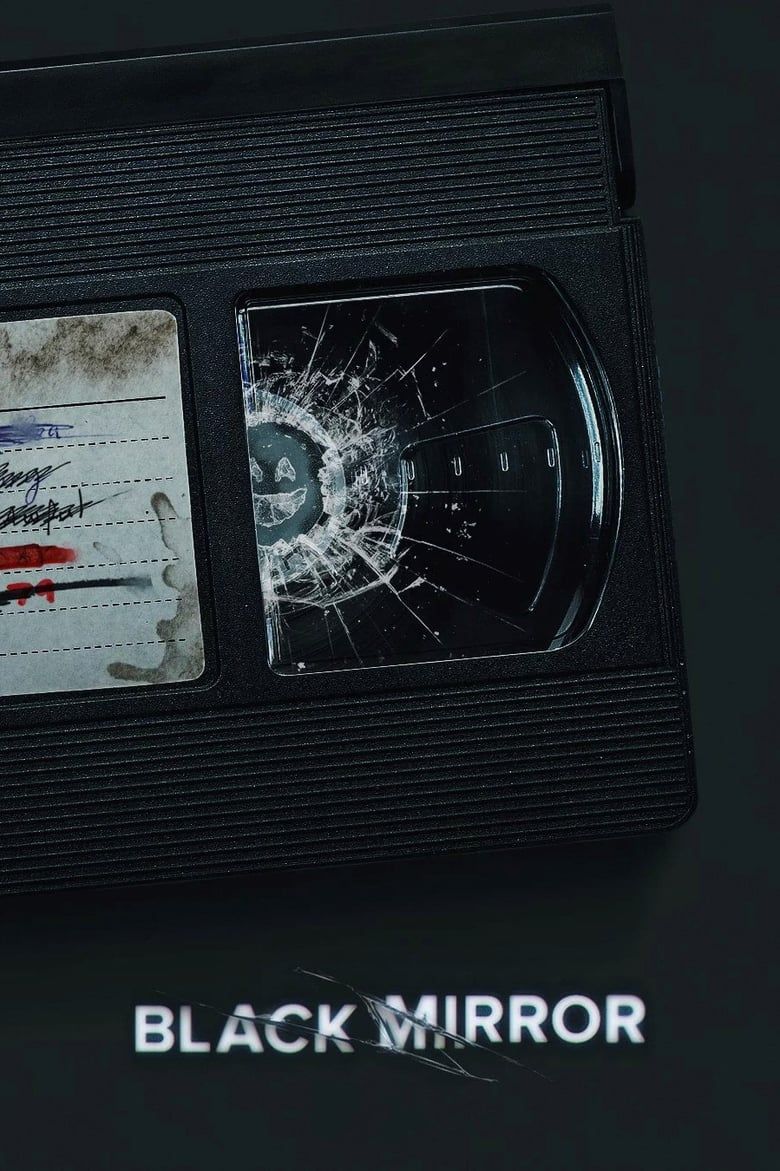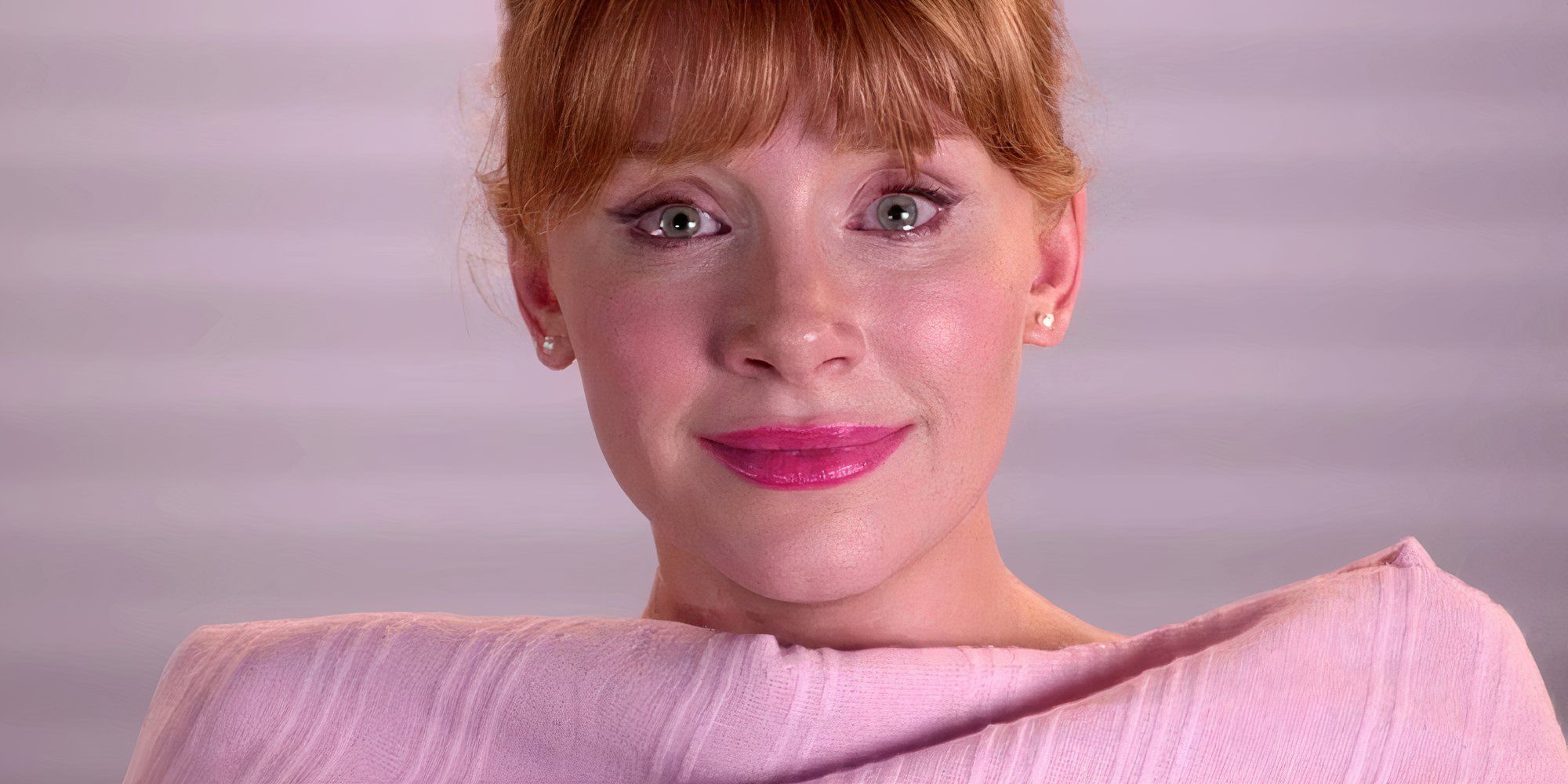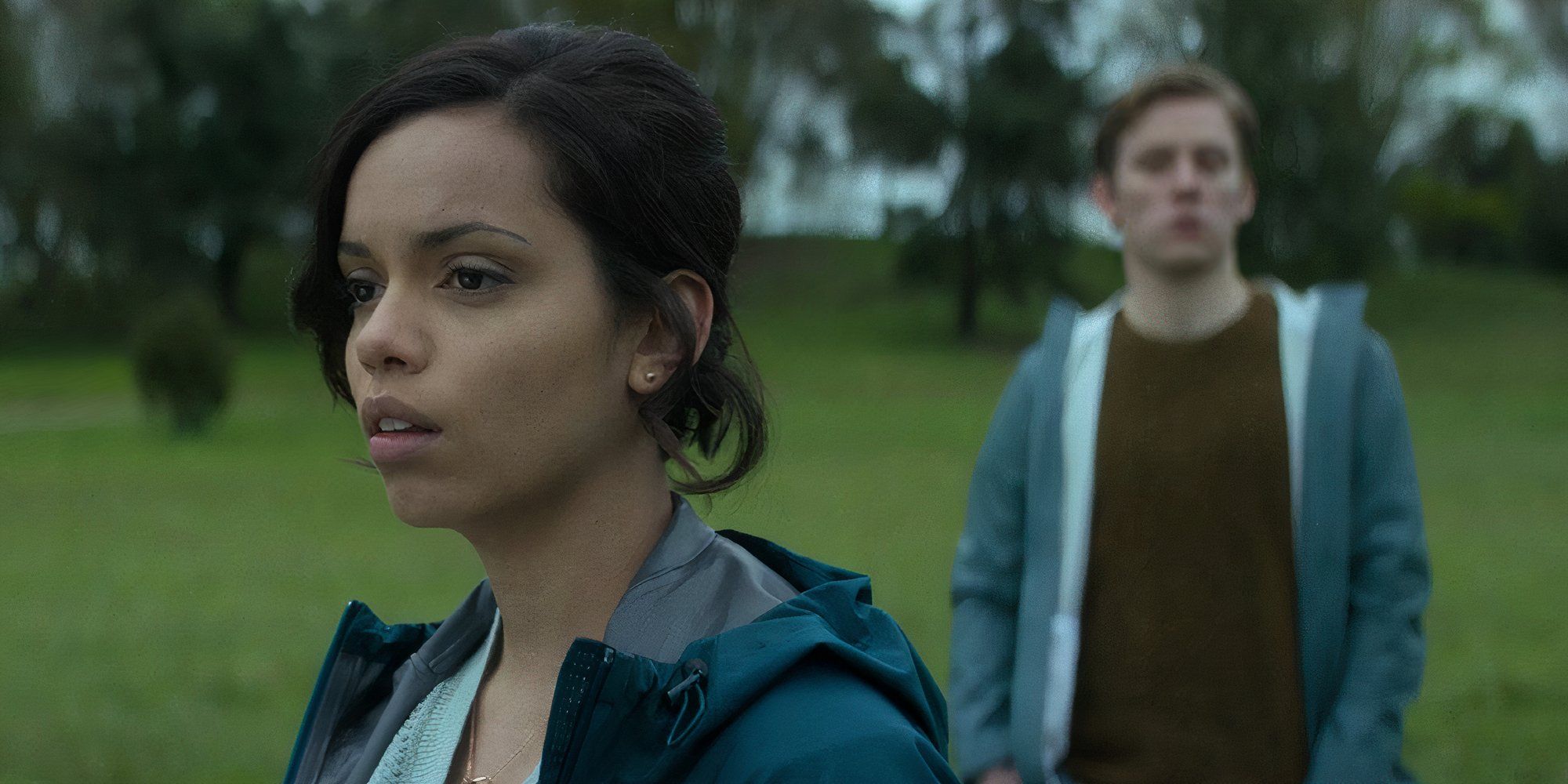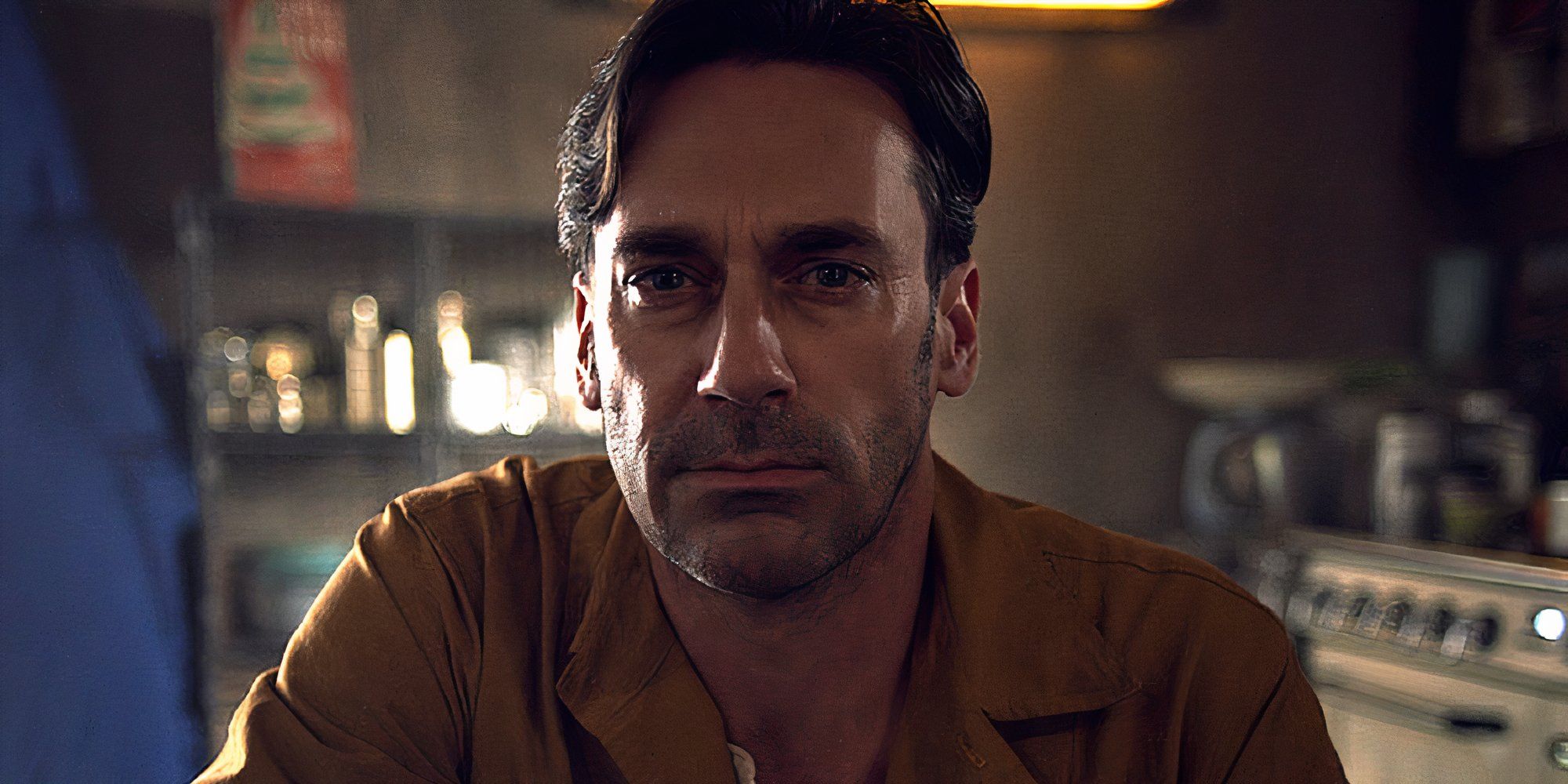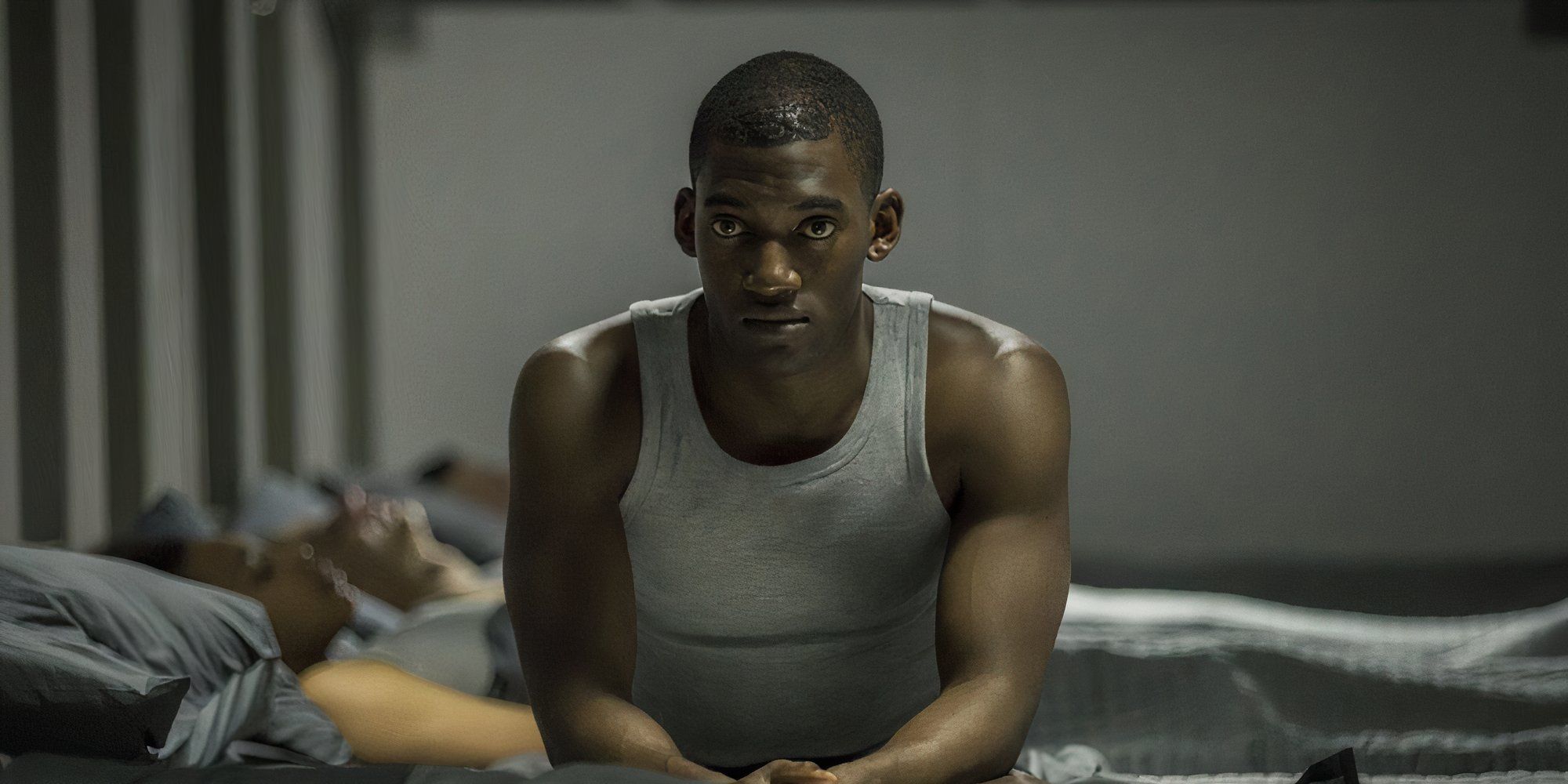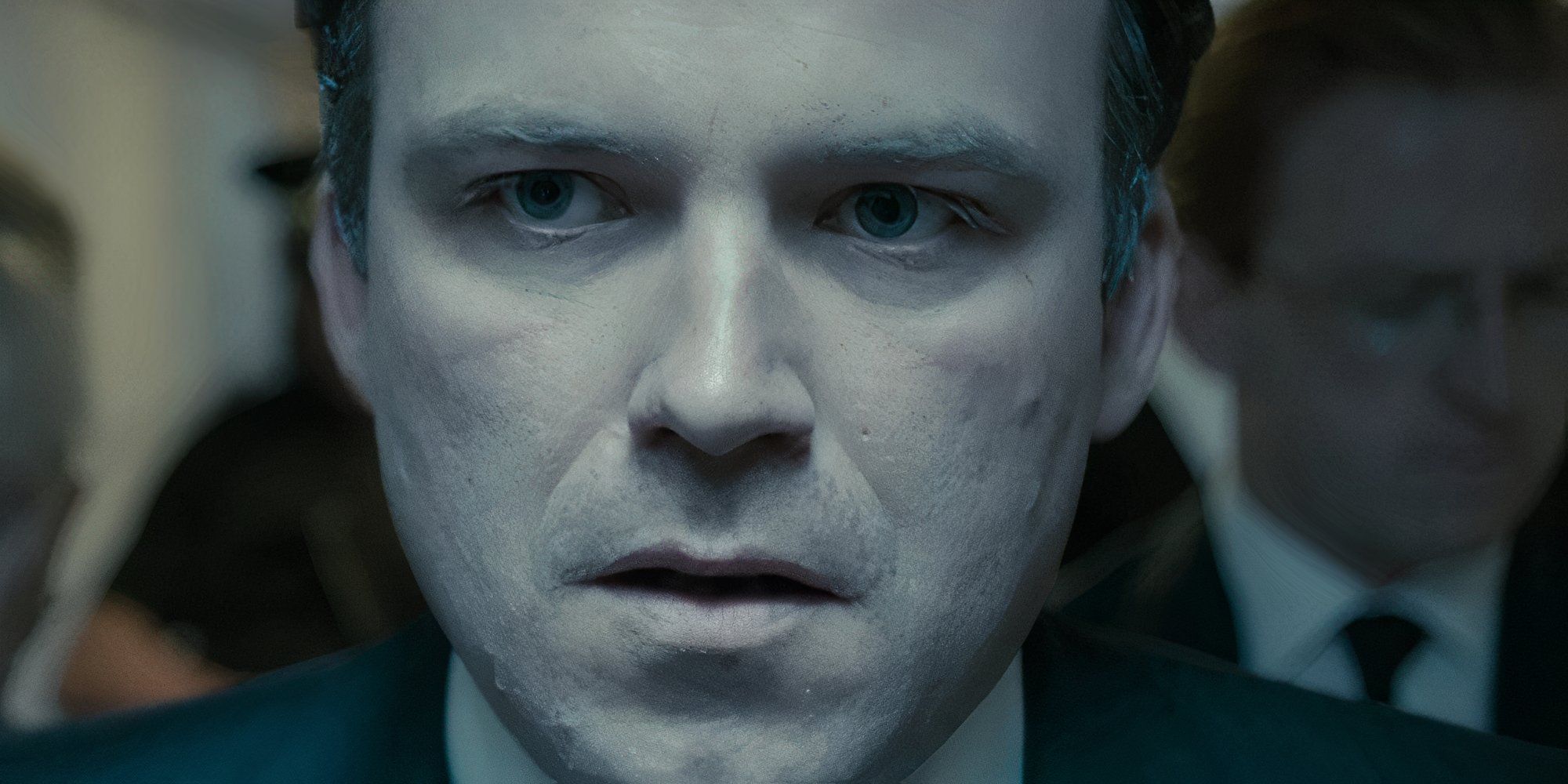10 Reasons Why ‘Black Mirror’ Is One of the Most Disturbing Shows on TV

Few shows have captured the anxieties of the digital age quite like Black Mirror. Ever since its debut, Charlie Brooker‘s anthology series has been equally captivating and terrifying audiences, becoming synonymous with psychological unease and existential doom — each episode a standalone nightmare; each story a cautionary tale that stays with audiences long after the screen fades into pitch black.
Although the sinister tech and dystopian settings are intriguing, what makes Brooker’s show undeniably disturbing is the harsh light it shines on our world and ourselves, exposing the dark corners of human nature and the alarming potential of near-future scenarios. Because of its immaculate writing and direction, Black Mirror shocks viewers with its twists and turns and makes them question their own assumptions. If you’ve ever wondered why exactly Black Mirror gets under our skin like no other on TV, here are the key reasons why this contemporary science fiction classic is one of the most disturbingly poignant watches of recent times.
8
Jaw-Dropping Twists
Unexpected turns that redefine the narrative and shock audiences.
If there is an element that Black Mirror is celebrated for, it’s its jaw-dropping twists. The narrative turns do not only surprise and shock audiences but also provide food for thought, forcing them to reevaluate everything that they thought they knew about the episode and its characters. Take “Shut Up and Dance,” for example — just when audiences are all in, rooting for and sympathizing with the character, the rug gets pulled out from under them.
Many episodes are expertly designed to lead viewers down one emotional or moral path, only to pull, in proper Black Mirror fashion, a shocking twist at the last minute. These twists often involve the central characters, but it’s the tech that really drives the revelation, as seen in “Hang the DJ.” The goal is not just to surprise, but to leave viewers unsettled. This is precisely what makes these stories so rewatchable: every time you get to revisit them, there’s a fresh layer to unravel.
7
Thought-Provoking Endings
To haunt you after the credits roll.
While the twists are undeniably entertaining, Black Mirror rises beyond its shocking reveals. It’s the thought-provoking endings that stick with viewers the most after the credits roll. So, if you’re tuning in to Black Mirror for the first time, be prepared for conclusions that linger and spark deep pondering about the tech-driven world we live in and the choices we make.
For anyone who enjoys contemplative, contemporary media, the Netflix series is undoubtedly one of the best picks currently streaming. Rather than closing up stories neatly, it presents true ethical dilemmas and leaves crucial questions unanswered, which ultimately forces audiences to draw their own conclusions. In Black Mirror, many episodes end on an ambiguous note and deliver gut-wrenching finales, though there are exceptions, of course — the fan-favorite “San Junipero” stands out for its uplifting conclusion that contrasts with the series’ trademark bleakness.
6
Blurred Line Between Fiction and Reality
Stories that feel close to home in the most uncomfortable way.
Another aspect Black Mirror totally nails is its ability to blur the line between fiction and reality. In the show, audiences are offered unsettlingly plausible near-future scenarios that feel so grounded in current tech, they seem like they could happen at any time. Naturally, these shocking stories make viewers question how far we’ve really come in our relationship with technology. Like any thought-provoking cautionary story, they leave viewers wondering whether we might be heading down the wrong path.
While episodes like “Nosedive,” which depicts a society where every interaction is rated and social standing depends on one’s score, may have seemed far-fetched at first, they now feel more relevant than ever, especially in a world where social media algorithms dictate much of our lives. In Black Mirror, these exaggerations of existing issues and ethical dilemmas are so believable they almost make viewers squirm.
5
Psychological Horror
A quiet, yet profound sense of impending doom.
When it comes to what truly makes Black Mirror a scary, disturbing watch, it’s the psychological horror that hits the hardest with its creeping dread of what tech can do to the mind. In the series, the fear evoked does not rely on jump scares; it frequently comes from within. It’s the paranoia, the obsession, the guilt, and the slow realization that nothing is what it seems.
Whether it’s exploring alienation and isolation — be it physical, emotional, or even digital, as seen in “White Christmas” — or the loss of control over one’s own thoughts, Black Mirror episodes are charged with terrifying existential dread, tapping into fear about what it truly means to be human in a world where technology can manipulate identity, reality, and consciousness. In Black Mirror, the horror works because it feels plausible; not only that, it is incredibly personal.
4
Exploration of Human Nature
A deep dive into the complexities of the human mind.
Black Mirror is anchored by a fundamental analysis of human nature, resorting to speculative technology as a lens to reveal and amplify society’s deepest impulses and flaws. The way it challenges us to comfort and question our own desires, instead of fully blaming technology itself, is part of what makes it such a compelling series.
By holding up a “black mirror” to society, Brooker’s show exposes uncomfortable truths, such as our tendency to seek control, willingness to rationalize cruelty, and a growing struggle to maintain empathy and genuine connection. In essence, the series’ exploration of human nature is a cautionary tale in itself, one that not only complements but elevates its commentary on the dangers of advanced tech. It reminds us what the real threat is: not always the gadgets, but what we choose to do with them.
3
Moral Ambiguity
A handful of ethical gray zones.
Much like the previous entry, Black Mirror often convincingly blurs the line between right and wrong. In its ethical gray zones, tech acts less as an independent villain and more as a catalyst that exposes and amplifies our own flaws and desires. The result? Why, of course, stories that leave viewers questioning not just the characters’ choices but their own.
Black Mirror is frequently praised for the way it consistently places characters and viewers in situations where clear-cut answers are hard to find. That said, its moral ambiguity is heightened by its refusal to pass judgment — instead, it invites us to make our own ethical assessments and exposes how easily we can be swayed by context and incomplete information. This is what sets it apart from conventional dystopian storytelling and what essentially makes it such a great and hooking viewing experience.
2
Desensitization of Pain
An alarming portrayal of normalized suffering.
On top of its moral ambiguity, Black Mirror offers a chilling critique of how tech and the media can erode empathy in an increasingly hyper-connected world where suffering becomes routine or, worse, entertainment. This is perhaps what’s the most shocking, terrifying, and unsettling truth: the ease with which we can grow numb to pain, especially the pain of others, regardless of how “deserving” we believe they are.
In the disturbing “White Bear,” for one, this desensitization is powerfully explored through its spectacle of punishment, where Victoria is tormented daily in front of an audience. “Black Museum” approaches this theme from a different but equally alarming angle — it follows a doctor who, over time, becomes addicted to the sensation of his patients’ pain. What makes this such a poignant Black Mirror aspect is how it warns audiences about the risks of normalized suffering. It’s a nod to the fact that repeated exposure to violence and suffering, whether through news or entertainment, can reduce sensitivity to pain and lower empathy.
A razor-sharp critique of contemporary society.
Black Mirror‘s biting social commentary is the perfect culmination of the topics we’ve explored up until this point, hence why it ranks in first place. It is incredibly effective in different ways, never relying on depicting dystopian futures and advanced tech but holding a mirror to contemporary issues and the darkest corners of the human mind. In addition to the previously discussed themes — such as highly advanced tech, the terrifying side of human nature, or the desensitization of pain — Black Mirror delivers exceptional satires of political and media culture.
Episodes like “The Waldo Moment” do not shy away from parodying the rise of entertainment-driven politics, while the jaw-dropping “The National Anthem” critiques not only the disturbing spectacle of suffering but also media culture and how sensationalism can override ethics. Still, the critique does not stop there: the series also delves into how societal values are shaped by technology, as well as the loss of privacy in a world dominated by surveillance, as seen in episodes like “Arkangel” and “The Entire History of You,” and even the dehumanizing effects of a consumerist-driven society in “Fifteen Million Merits.” All these cautionary tales further cement Black Mirror not merely as a TV show, but a cultural phenomenon that dares us to confront unflinching truths. And, as ironic as it is, that’s exactly why we love it.

